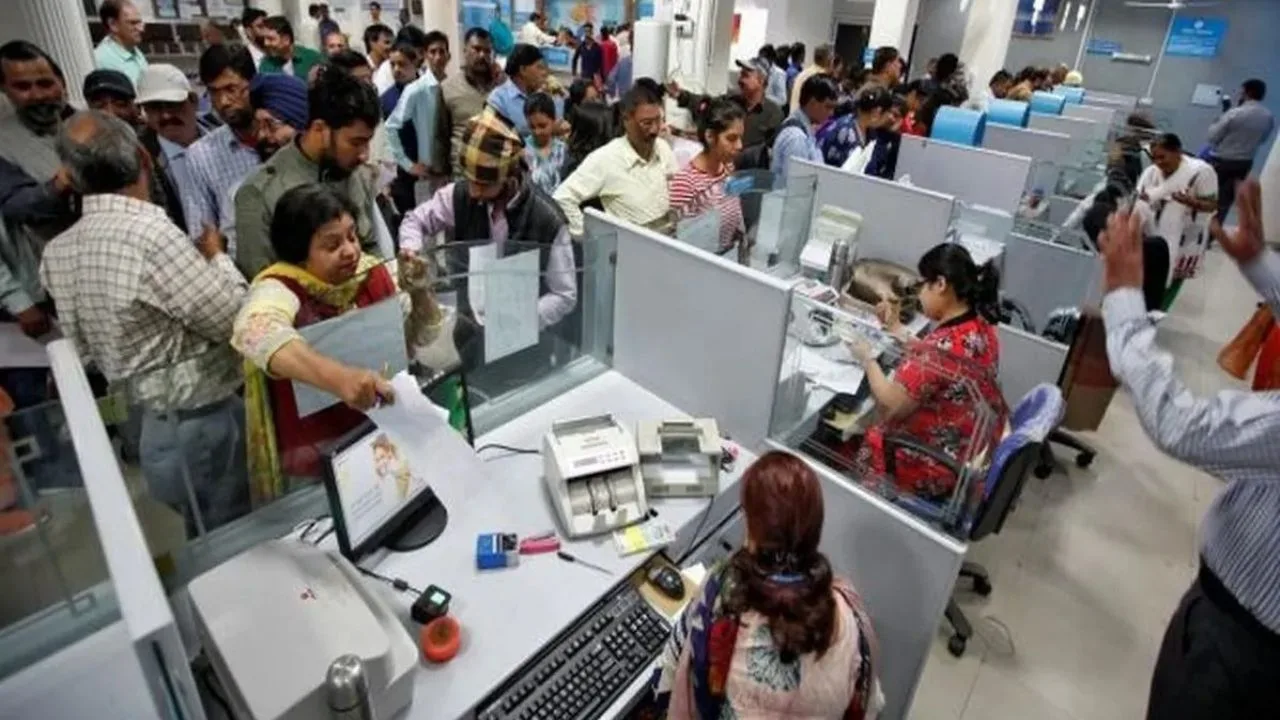The government is currently monitoring financial transactions closely. If you deposit a significant amount of cash into your bank’s savings account, you may receive a notice from the Income Tax Department. Here are the details you should be aware of.
Monitor your bank deposits carefully
Depositing over Rs 10 lakh in cash into your bank account within a financial year (from April 1 to March 31) will trigger a report to the Income Tax Department. This threshold applies to the total cash deposits across all your accounts.
Understanding the Rs 10 lakh threshold
Exceeding the Rs 10 lakh limit categorizes your transaction as high-value. Consequently, the bank is obligated to report this to the government, which may lead the Income Tax Department to scrutinize your transactions. It is essential to report even smaller amounts to avoid complications.
Depositing more than Rs 50,000 in a single day?
If you deposit cash exceeding Rs 50,000 in one day, you must provide your PAN number. In the absence of a PAN, you will need to complete Form 60/61. This regulation is designed to monitor transactions and prevent tax evasion.
How to address an income tax notice
Should you receive a notice regarding a high-value transaction, you will need to present your bank statements and relevant documentation to clarify the source of your funds. If you are uncertain about the process, seeking advice from a tax professional is advisable.
Strict regulations on cash transactions
According to Section 269ST of the Income Tax Act, an individual cannot receive more than Rs 2 lakh in cash in a single day. This regulation aims to prevent misunderstandings. Therefore, ensure that you do not deposit more than Rs 2 lakh in cash into your account at any time, as this could lead to an investigation.
